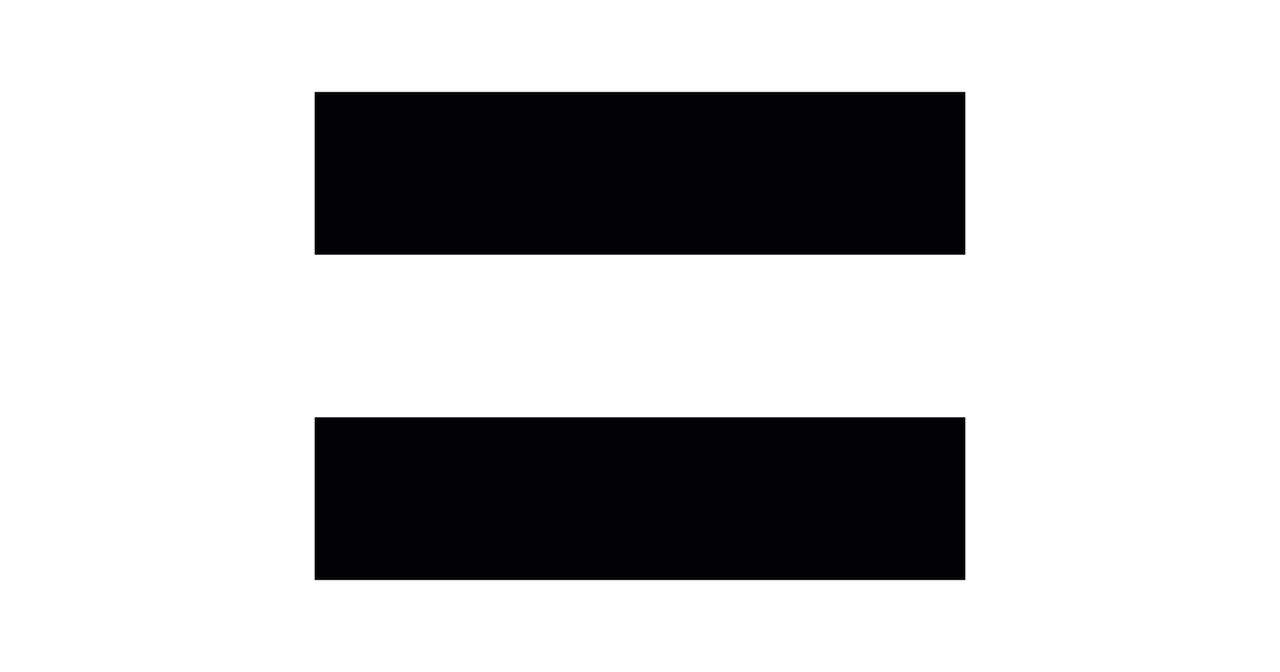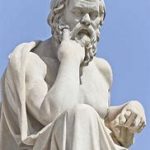One of the most profound thoughts I’ve come across in life was shared with me by a close friend of mine, an emergency room doctor, he got it from a fortune cookie – here’s the fortune:  “The tightest chains that bind us are those that we place upon ourselves.”
“The tightest chains that bind us are those that we place upon ourselves.”
Over the years, I’ve wrestled with the insight offered in this fortune. How is it that we place chains upon ourselves? The answer, often, is that we don’t think about what is optimum. Due to social pressures such as “real politic” we dampen our thinking about what might be, and allow an inordinate acceptence of things as they presently are. These are the chains we place on ourselves, the limited view of others.
More often than not, the most frequent response I have in an intial discussion about an International Bill of Rights is “Will the Russians, or the North Koreans agree to that.” The question misses the mark. The question is not what will be accepted now, or by that small part of humanity, but rather, what would be optimum? What is the story of rights for all to be taught to children, and adults, in Mexico, Russia, Kenya, or any other country?
If your chains are such that you are wed to a nation-state perspective, then this may be difficult, but what is optimum for humanity is not defined by any particular nationality. These nation-state lines are fabrications, as astronauts continue to tell us who have experienced the “Overview Effect”: the lines of countries do not exist from space – we’ve created them. For the purposes of evolving as a species and into a international community, while keeping the cultural and historic traditions of nation-states is important, even as we associate ourselves with particular nations, we need to think about what is optimum for all of humanity.
These nation-state lines are fabrications, as astronauts continue to tell us who have experienced the “Overview Effect”: the lines of countries do not exist from space – we’ve created them. For the purposes of evolving as a species and into a international community, while keeping the cultural and historic traditions of nation-states is important, even as we associate ourselves with particular nations, we need to think about what is optimum for all of humanity.
Unite for Rights asks a simple question: What would be an optimum International Bill of Rights, enforceable in the courts of all countries?
Admittedly, it is an inquisitive question. Unite does not claim to have an answer to this question, but it does have a starting point, and it is facilitating a dialogue. There is a draft of an International Bill of Rights on the homepage of the Unite website. Please check it out, loosen your chains, and contribute your thoughts. The tightest chains, the ones that hurt the most, are when you don’t even have the daring to contribute your thoughts, critical or supportive, about rights for all people. You are shackled if you just timidly let things go as they are.
If you do have the strength to share thoughts, whatever you say, whoever you are, it is given equal consideration whether you are a human rights professor, or a restaurant worker. Recent discussions about a Bill of Rights as part of new draft Constitution for Chile show that what is most important is participation, not position, and a broad portion of society wants to particpate in drafting the rules for those who govern.
Recent discussions about a Bill of Rights as part of new draft Constitution for Chile show that what is most important is participation, not position, and a broad portion of society wants to particpate in drafting the rules for those who govern.
Observing people reviewing a list of rights for 15 years, it’s clear that many people think more about what others think than ponder what they really think. This is a good opportunity to think for yourself. Take it.
This process has been ongoing for 14 years (a new Version of the International Bill of Rights is published as a booklet and digitally each year). Unite is now working on Version 15. Suggestions for changes of wording, or a criticism about the idea an International Bill of Rights, can easily be made on the Unite home page. Just don’t sit silently as war expands and threats are made that satellites now are “war targets.” We’re taking our shortsighted vision into the expanse of space.
Einstein is right, it’s “the good people”, not the evil ones, who have gotten us in this predicament by failing to act together. Recycling in the kitchen is simply not enough. Be part of an international movement for enforceable rights; be a Uniter; be a light for an International Bill of Rights.
Unite seeks wide participation from all people, nonprofits, businesses and governments. ALL PEOPLE, NONPROFITS, BUSINESSES AND GOVERNMENTS ARE WELCOME ON THE UNITE FOR RIGHTS GLOBE: UNITE NEVER BANS ANYONE WHO WANTS TO SIGN AND BE A LIGHT FOR AN INTERNATIONAL BILL OF RIGHTS. The draft International Bill of Rights document on the website is a starting point, not a finished document. Every comment, from any person, nonprofit, business or government is considered and responded to in a transparent manner.
And when you make your suggestion, please remember that we are drafting the most beautiful document possible: We are not concerned about whether one ruler or country will accept the document. The standard for all comments is what is best for humanity. As you make your comment, break your chains. Imagine that the rights you pick would apply in all countries and discard your nationality. Consider that you could emerge in any country – what rights would you expect?
You are correct to have this expectation as all power for those who govern emanantes from you. When you brake your chains you can engage in one of the most powerful acts of your life – to join with others to accomplish with others that which you could never accomplish by yourself, to write the rules for those who govern as part of your agreement that they can govern.
Pardon if this seems brash. Today, many people recoil when asked to think for themselves about the world and life they want. Out of fear, or laziness, they let others decide for them.  Socrates did not have this problem; nor did Rene Cassin (French), John Humphrey (Canadian), Eleanor Roosevelt (American), P.C. Chang (Chinese) or Charles Malik (Lebanese), some of the framers of the Universal Declaration of Human Rights.
Socrates did not have this problem; nor did Rene Cassin (French), John Humphrey (Canadian), Eleanor Roosevelt (American), P.C. Chang (Chinese) or Charles Malik (Lebanese), some of the framers of the Universal Declaration of Human Rights.
Somehow, the inquisitive question of what is optimum has become a challenge rather than an inquiry. Even human rights organizations and philanthropic organizations rarely dare to think about what is optimum: what is the best humanity can do? Even worse, too often, if a question triggers serious reflection regarding issues we hold dear, we take the easy path – we stereotype it, discard it, label it as “conservative” or “liberal” — “blue” or “red”, in America.
The human palate of thought has many more hues. When I hear someone self identify almost immediately as “Republican” or “Democrat”, “Conservative” or “Liberal”, my first thought is “okay, I have a labeler – the chains they have applied to themselves are strong.” It’s actually a weak way to look at the world because it relies on stereotype rather than reflection. These people typically care more about expressing what they already think than learning something new, or engaging in a discussion so that they, along with the person with whom they are speaking, might both reach a higher level of understanding – as Socrates did. Those who self label hamper their own growth, along with the growth of the society of which they are part.
Dialogue is a process that leads to growth. That’s why the core process of Unite’s drafting an International Bill of Rights is “drafting through dialogue.”
Unite asks you to engage in dialogue without labels and think about what is optimum. Share it, and listen to others as they comment on your thoughts. THE WEIGHT OF THE IDEA, NOT ITS SOURCE, IS MOST VALUABLE. This is a defining feature of Unite and a reason it is worth funding.
As we check our labels at the at the door, or at this website, let’s dispense with stereotypes. Let’s challenge each other with ideas, and listen, rather than depend on the caricatures of the nightly news.
With this approach, we see our similarities along with our differences, not because it is “politically correct”, but because searching for what is optimum is the only way we will achieve it – through writing, and listening, we can measure an idea, not based on stereotype, but on its weight.
On we go, with broken chains, to what is optimum.


Leave a Reply